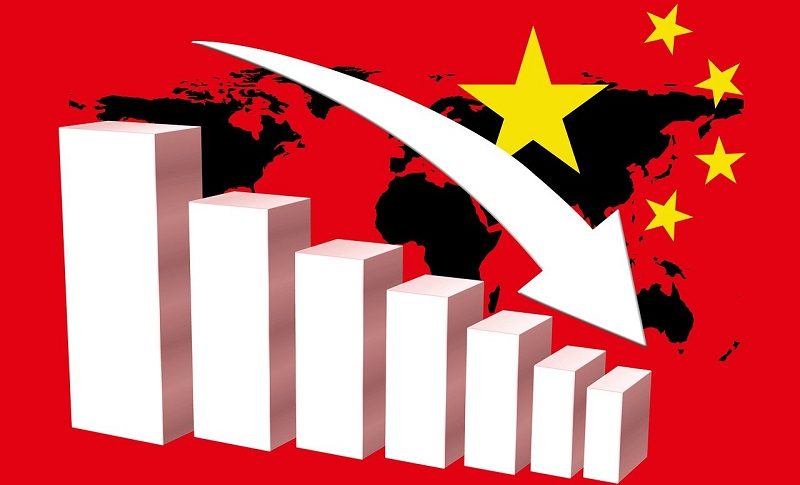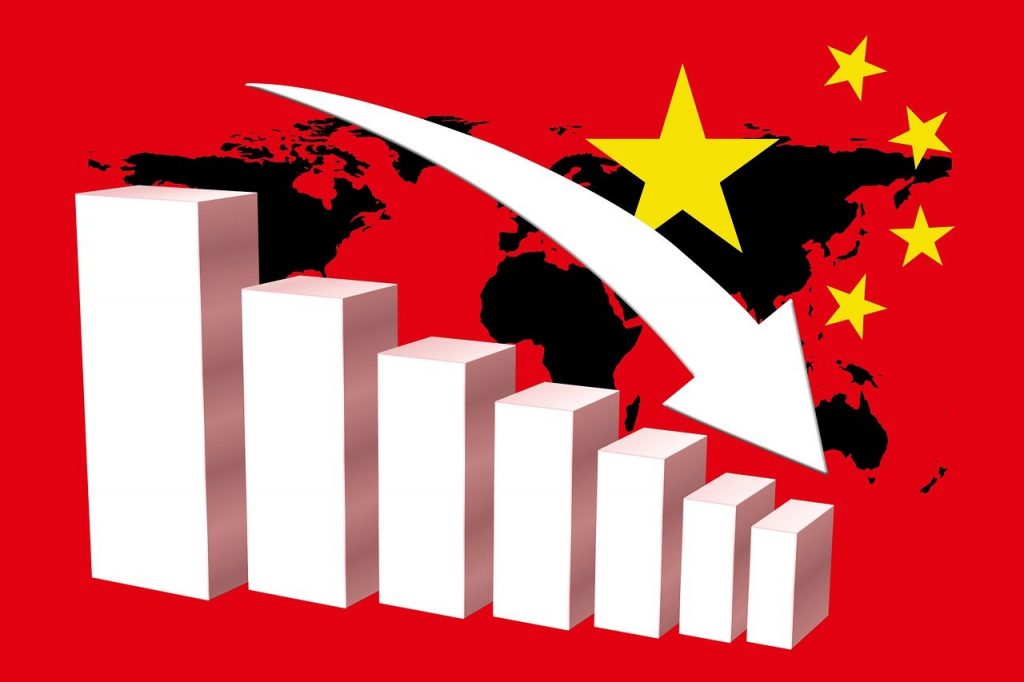China Under Pressure: Investors Challenge It with Bearish Bets
With the index up just 0.5% this year, the surge in bearish bets reflects growing pessimism toward major Chinese firms listed in Hong Kong.

Short positions on large-cap companies recently hit record highs. The market rewards AI advancements in Hong Kong’s Hang Seng while remaining cautious about mainland China’s CSI 300.

Short positions in certain market segments are bringing China back into the global investment conversation after years of Wall Street dominance. Amid tariff tensions and domestic economic weakness, Xi Jinping has vowed to support businesses at all costs to restore the country’s lost momentum.
His commitment to the local corporate sector is “unwavering,” provided companies align their activities with Communist Party ideology, he stated in a recent speech.
China Stock Market Performance
These measures have sparked renewed investor interest in Asia. So far this year, Hong Kong’s Hang Seng has surged nearly 15%, reaching 23,100 points—outpacing the region, particularly mainland China’s CSI 300, which has dipped slightly, and Japan’s Nikkei, down over 4%.
The Hang Seng’s strong performance is largely driven by its tech-heavy composition, especially with the rise of DeepSeek’s generative AI. Key players like HSBC, Tencent, and Sun Hung Kai Properties significantly influence the index’s movements.
However, this renewed investor focus on China is not necessarily a vote of confidence. Instead, short positions on the iShares China Large Cap ETF, which tracks the FTSE China 50 Index, have hit record highs in recent days.
With the index up just 0.5% this year, the surge in bearish bets reflects growing pessimism toward major Chinese firms listed in Hong Kong—including Tencent, Alibaba, and China Construction Bank—amid economic uncertainty, geopolitical tensions, and concerns over market overvaluation.
AI’s Key Role
However, this does not mean that Chinese companies are at a disadvantage compared to their Western competitors or that they have neglected investment in artificial intelligence, one of the market’s key growth drivers. According to a recent Goldman Sachs report, capital expenditures by major Chinese firms surged 61% last year, though they still lag far behind the amounts injected by the “Magnificent Seven.”
Despite this overall increase, investment has been uneven—Alibaba and Baidu, for instance, saw spending decline between 2022 and 2024. Still, analysts anticipate a rebound in investment in the coming years.
- Check out our free forex signals
- Follow the top economic events on FX Leaders economic calendar
- Trade better, discover more Forex Trading Strategies
- Open a FREE Trading Account